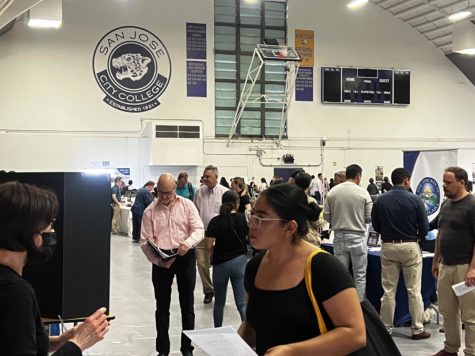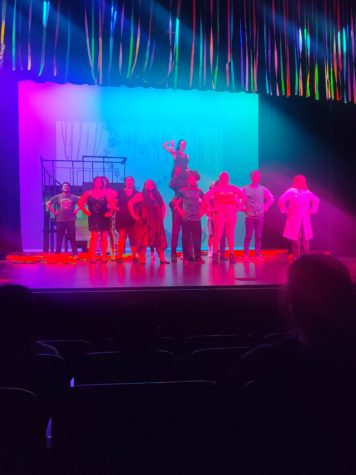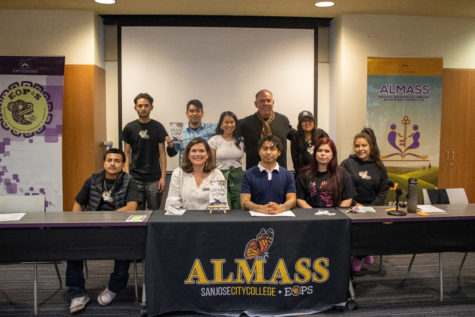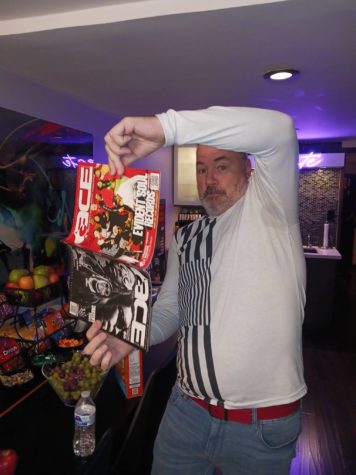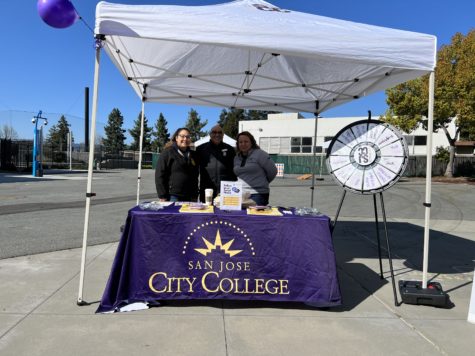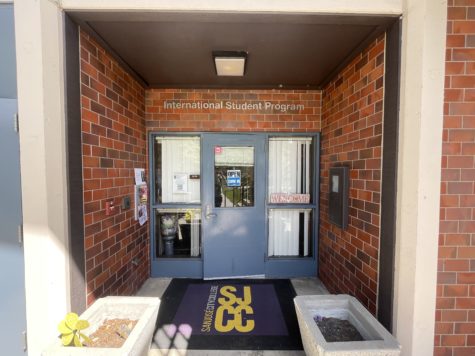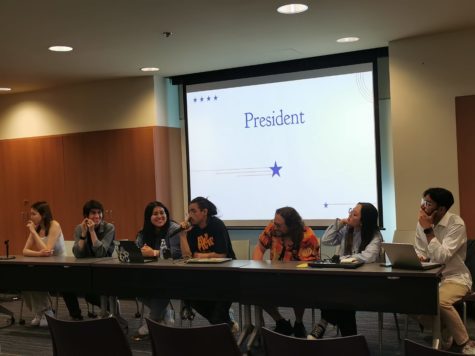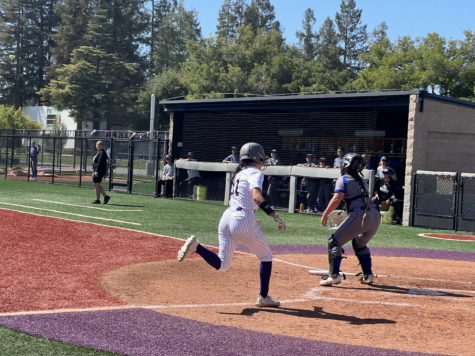The Laser Program Opens Doors
Lighting the career path of success
October 11, 2016
Lasers are the future of precision cutting.
Have you considered making it your career?
Sydney Sukuta has a Masters in Physics and
a Ph.D. in Chemical Physics. He earned his
Ph.D. at the University of Nevada – Reno, then
transferred to the Silicon Valley and rotated
through several different laser companies here.
Eventually, he realized he could teach a
comprehensive course for lasers that can be
applied to any company here in the valley.
Ultimately it would become a five-point program
that covers:
n Manufacturing
n Testing (Quality Control)
n Research and Development (R&D)
n 3D Modeling and Printing
n Virtual Instrumentation (an automation
approach)
In fact, “it is the only program in Northern
California that is designed specifically to the Bay
Area” – meaning, that you can get a job anywhere
in the valley.
Q. So what exactly is a laser?
A. “A laser is essentially like a light bulb that
has a prism. The prism-like device in a laser
selects one wavelength that is trapped in a box
and intensified while some of it is released to the
outside as a laser beam.” The laser itself consists
of two parts: the EM-field (the light) and the
optics system (the box it sits in). Think of it like
a car in simple terms. The car is the box and the
engine is the light.
“Some laser companies make lasers/laser heads
while others make laser systems.
You can think of a laser/laser head as the car
engine while the laser system is the car itself.
Laser systems are focused on specific applications
which include surgery, micro-machining,
ophthalmic, 3D printing etc.”
Q. What two facts are important to know?
A. The program: 1) bridges the gap from
knowing nothing about lasers to knowing
everything you need and 2) erases the fear of
math. “When most people think about lasers,
they think about engineering them. This program
prepares you to be a laser technician – not
an engineer.” And with the way the field is
expanding, students “can work in a medical office
or a dental office, just as easily as manufacturing”
although they may need more training. Also,
when it comes to Math, all you need is basic
Algebra and the program guides you to exactly
what formulas are needed. There is no need for
calculus.
ESL learners only need conversational English.
Q. What is the Job Outlook?
A. If you choose to leave the area, your
education from San Jose City College can also
land you in other, hot seat, laser-bed communities
such as: “San Diego, Petaluma and Los Angeles,
as well as Reno, Nev., Tucson, Ariz.” Other east
coast laser-bed communities are found in the
states of New Jersey and Massachusetts.
Q. How long does the program take?
A. The unique program at SJCC, “takes four
semesters to complete the most basic certificate
– Level 1. Level 3 requires taking math, physics,
and electronics. The associate’s degree naturally
involves general core classes on top of Level 3.
Q. How quickly can students get employed?
A. Some proactive students, “get hired before
they are done with the schooling.” This is due
to the wonderful amount of lab hours required
applying what is learned in the classroom. While
most employers prefer 50 hours of lab time,
it is virtually impossible to achieve that much
work-related experience outside of the work
environment. However, SJCC provides extensive
hours in just lab time – all tailored to local
employer needs.
Q. What kind of pay students can expect
from future employers?
With a degree, “students that apply themselves
can often achieve $40,000 to $60,000. Those
salaries can come with full benefit packages:
health insurance, sick pay, annual leave pay,
clipper cards and many other perks.
Q. Who are these amazing employers that
seek out SJCC students?
A. The official SJCC Laser Technology
website lists: “Newport Spectra-Physics,
Coherent, Lumentum, DPSS Lasers, Lawrence
Livermore National Labs (LLNL), Stanford
Linear Accelerator (SLAC), Telesis, A-1 Jay’s
Machining, Picarro, BD Biosciences, Abbott
Medical Optics (AMO), Cutera, and Sciton”as
potential employers.
For more information on the Laser Technology
program, please contact the Applied Science
Division at (408) 288-3781 or Professor Sydney
Sukuta at [email protected]. Or visit the
100 Wing, Room 114.


